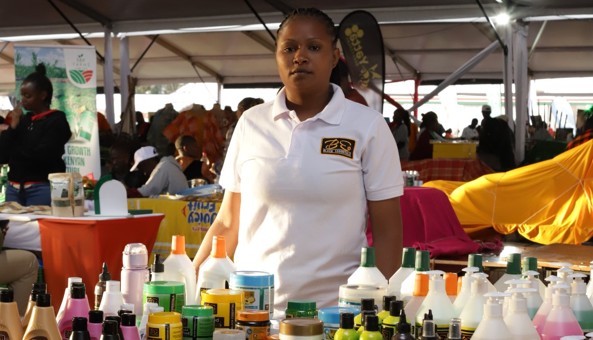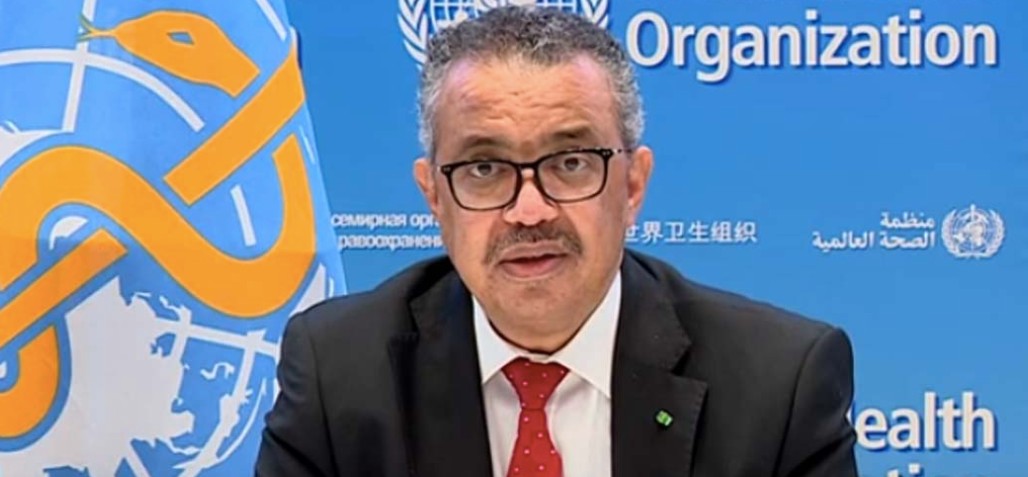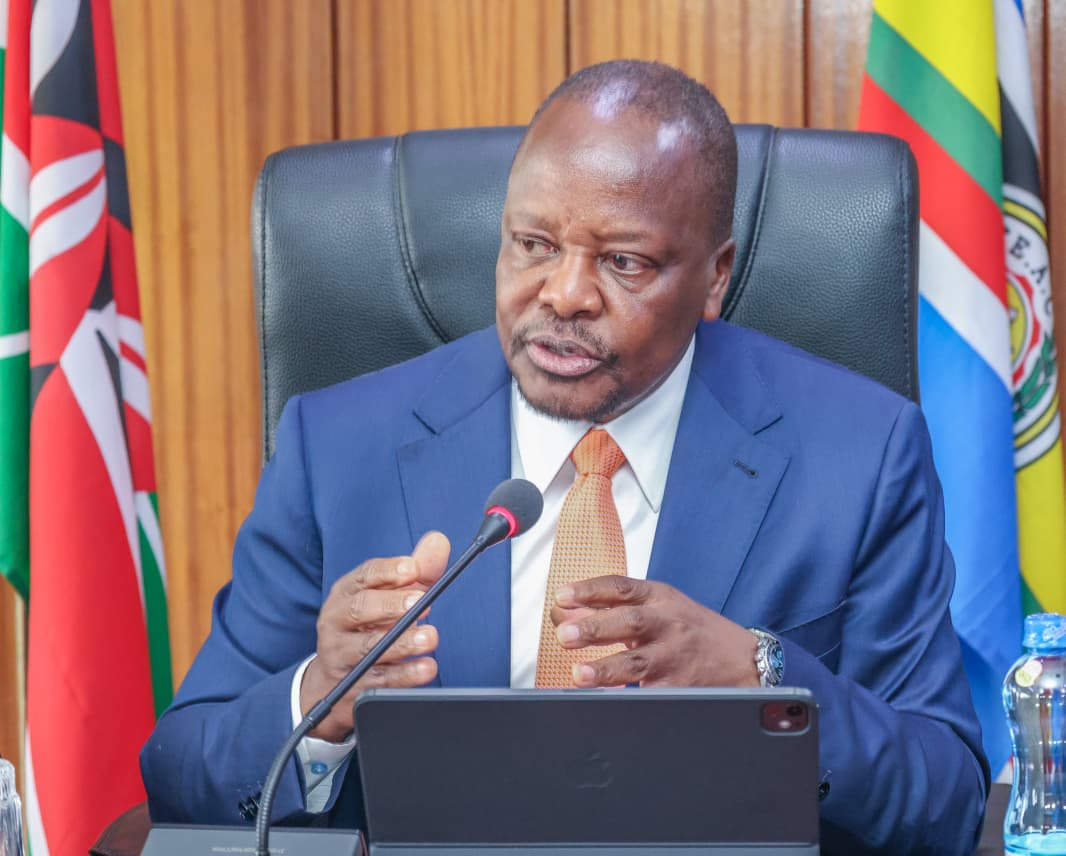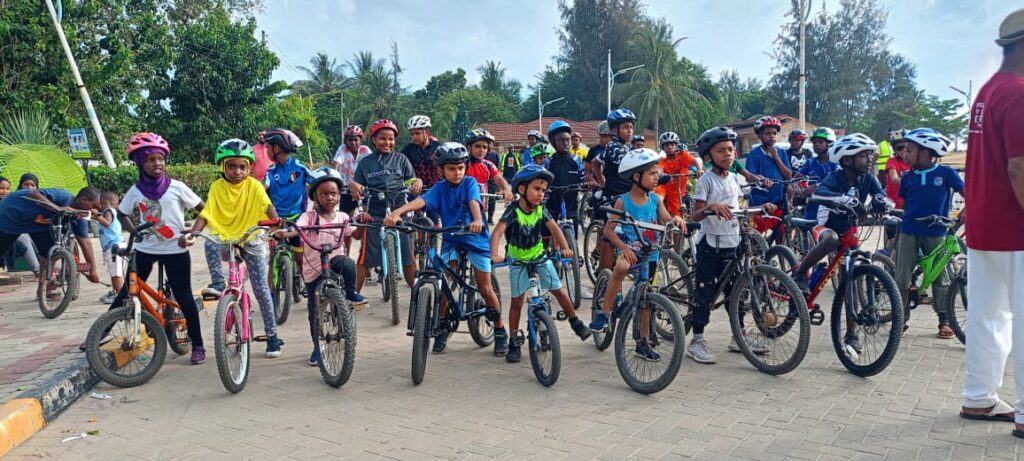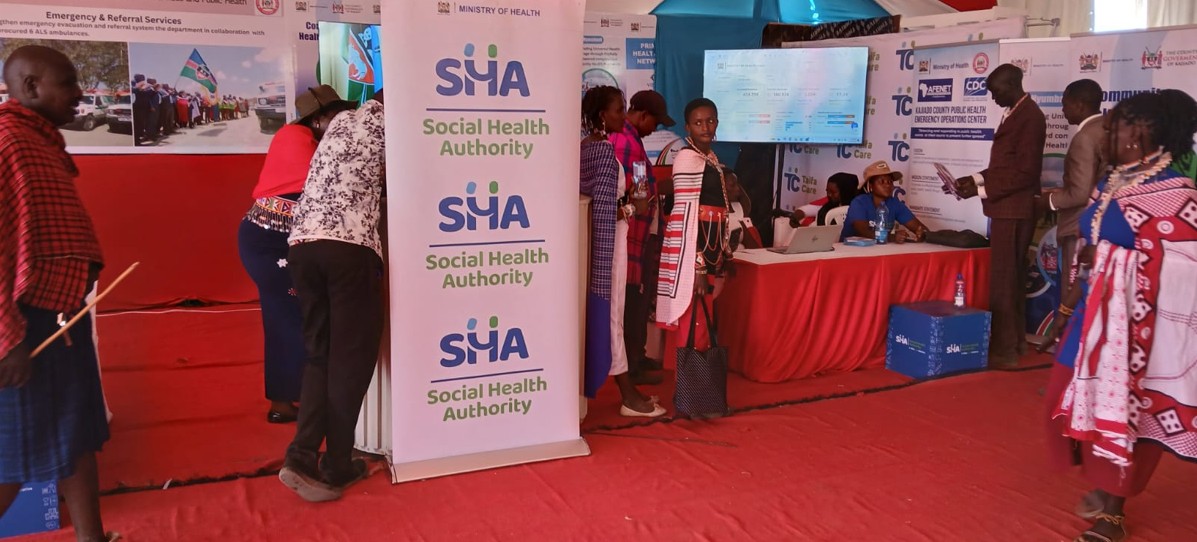Kenya needs special courts to handle police rights abuse cases - IPOA
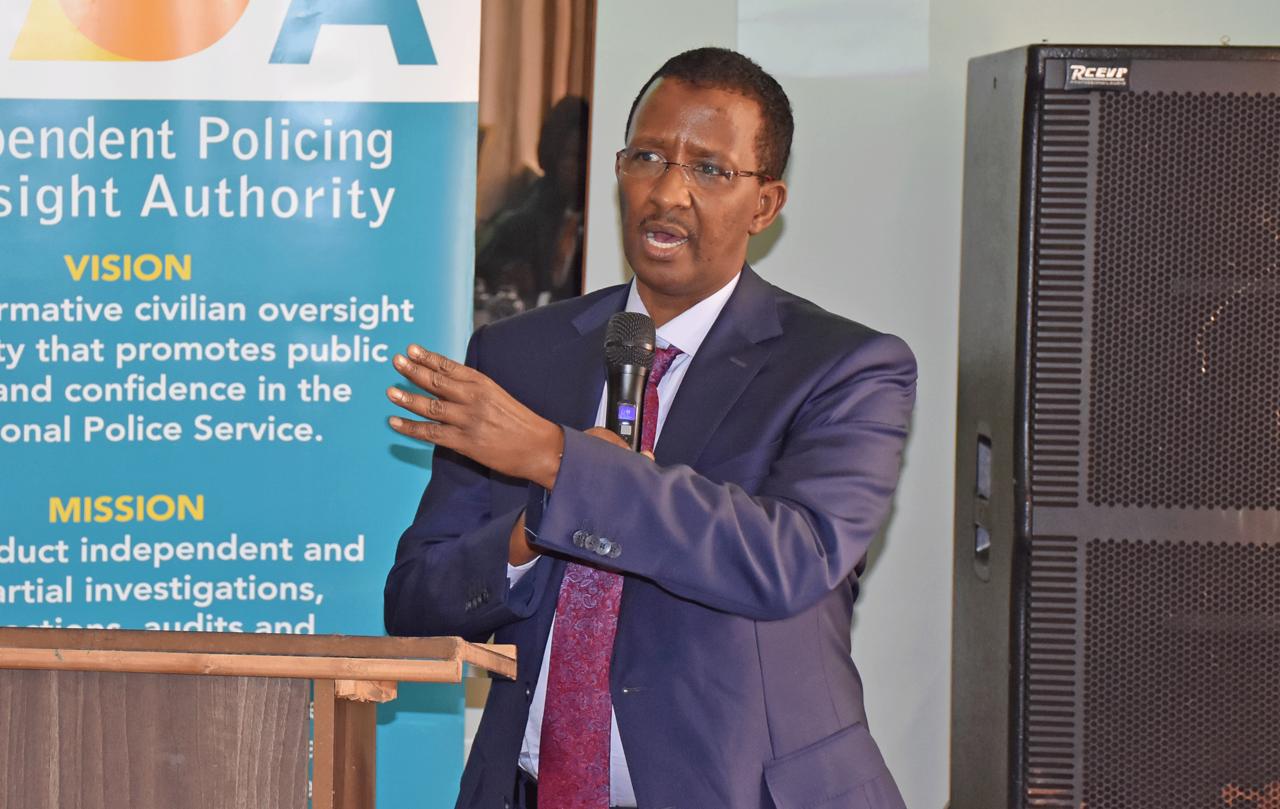
The proposal comes as legislators mull expanding IPOA’s mandate to include oversight of the KFS and the KWS whose rangers have also been accused of committing human rights violations.
The Independent Policing Oversight Authority (IPOA) has called for the creation of special courts to exclusively handle cases involving police officers accused of human rights violations, citing an alarming rise in complaints and a growing backlog of unresolved cases.
Appearing before the Administration and Internal Affairs Committee of the National Assembly, the authority argued that such courts, similar to those established for corruption and land disputes, would speed up justice, boost public confidence and enhance accountability within the police service.
More To Read
- IPOA launches nationwide monitoring of police recruitment to ensure fairness, transparency
- EACC, IPOA partner to ensure corruption-free police recruitment
- IPOA launches probe into fatal shooting of two boda boda riders by DCI officer in Thika
- MPs back IPOA’s call for funding independence and armed investigators
- IPOA concludes probe into State House aide's fatal shooting of driver Amos Langat
- Section of MPs propose law to restrict protests to designated zones amid Gen Z unrest concerns
“If death is reported in police custody, IPOA responds. We need to consider police violation cases as a matter of public interest. To deal with this, we need a special court to deal with police violation cases, just like corruption, among others, have special courts,” IPOA chairperson Issack Hassan said.
Issack, who was defending the authority’s 2025/26 financial year budget, told MPs that IPOA is in talks with Chief Justice Martha Koome on the proposal. He made the disclosure as fresh figures showed that complaints recommended for investigations had increased from 995 to 1,229, while the backlog of unresolved cases stands at 3,613. These include deaths, serious injuries, abductions and enforced disappearances.
The proposal comes as legislators mull expanding IPOA’s mandate to include oversight of the Kenya Forest Service (KFS) and the Kenya Wildlife Service (KWS), whose rangers have also been accused of committing human rights violations.
While IPOA has the legal authority to investigate police excesses, Hassan lamented that law enforcement agencies continue to frustrate investigations.
“We need to reflect deeply on the cost of impunity,” he told the committee chaired by Narok West MP Gabriel Tongoyo.
IPOA’s operations have also been hampered by budget cuts. The authority had been allocated Sh1.31 billion for the 2025/26 financial year in the Budget Policy Statement approved by the National Assembly. However, the National Treasury scaled the figure down to Sh1.3 billion in the printed estimates following a cabinet directive to slash government spending.
The session came at a time when the Kenya National Commission on Human Rights (KNCHR) is also demanding tougher action against the police and the Ministry of Interior. The commission has urged Parliament to sanction Interior officials and Inspector General of Police Douglas Kanja over what it described as “unprecedented” human rights abuses during the Gen-Z protests in 2024.
KNCHR vice chairperson Marion Mutugi said the commission had recorded 60 fatalities, 59 men and one woman, since the demonstrations began on June 18, 2024.
“The Commission documented 601 injuries across the country, which ranged from deep fractures, bullet wounds, soft tissue injuries and inhalation of teargas,” she said.
She noted that the number of deaths could be higher.
“The agency was limited in terms of capacity in investigating some of the cases reported,” she said.
The commission’s report to Parliament painted a grim picture of a “trigger-happy police force” that ignored all rules of crowd control and subjected peaceful protesters to brutality as they marched against punitive tax proposals in the 2024 Finance Bill.
In total, KNCHR recorded 1,376 arrests across all 47 counties during the demonstrations.
Over the last three financial years, 2022/23, 2023/24 and 2024/25, complaints against police officers have risen steadily from 9,789 to 11,003. Despite this, there has been minimal prosecution of the officers involved, both IPOA and KNCHR told the committee.
IPOA chief executive Elema Halake, who accompanied Hassan before the committee, reiterated his recommendation that Parliament amends the National Police Service Act to hold commanding officers criminally liable for the actions of their juniors.
“The law must hold police superiors criminally responsible under command for serious offences, including human rights violations,” he said.
Mandera East MP Abdirahman Weytan questioned the government’s policy of transferring police officers accused of violations to North Eastern Kenya instead of subjecting them to disciplinary action.
“We always see them being transferred to North Eastern. But they come and make a lot of money. So what kind of punishment is that?” Weytan posed.
Top Stories Today







